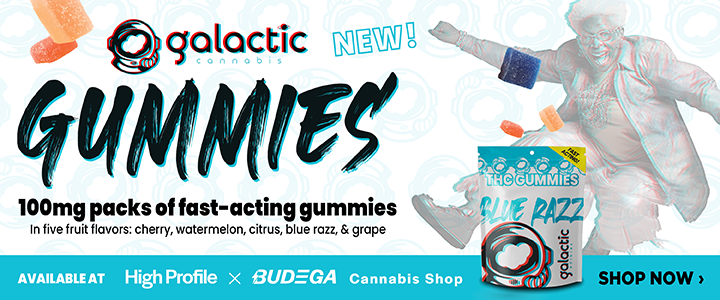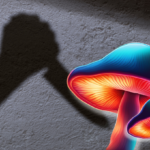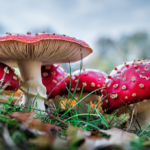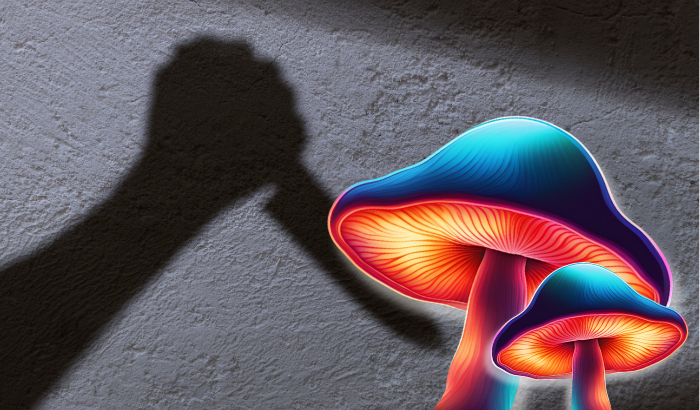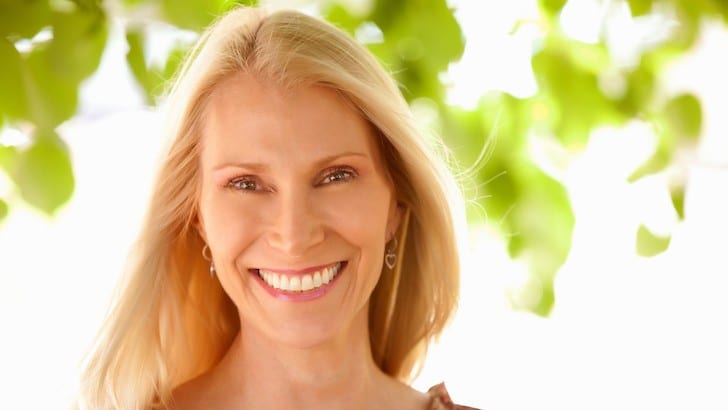
Sherri Tutkus is a registered nurse, and the founder and director of nursing at the GreenNurse Group, a “home health consulting agency that serves as a liaison between patients and professionals in the medical cannabis community.” They aim to provide “the greatest therapeutic benefit” to all patients but focus on underserved patients, including many in hospice care, as well as the elderly, children, and veterans. We asked Tutkus about her Weymouth-based nonprofit and what it takes to carry out such a bold mission.
What services does your group provide?
Primary care nursing, the nursing process, care plans, and ongoing continuity of care to all of our patients. Basically, our services are patient-focused. We are a multidisciplinary team of health professionals, and we provide … individualized assessments, consultations, and recommendations … care plans with ongoing continuity of care … ongoing education, guidance, support, and experiential learning … access to qualified health providers from various professional backgrounds who understand the value and science of cannabinoid therapeutics.
Prior to founding the GreenNurse Group, you worked as a more traditional nurse for over 20 years at some of Boston’s leading hospitals. How did that experience influence your opinions on incorporating cannabis into treatment?
I have been an RN for over 25 years. I’ve worked in various departments within local hospitals and home settings. I have cared for patients across the spectrum—from pediatrics to geriatrics—providing care on all levels. I have been implementing holistic/integrative healing modalities within my practice for over 15 years.
As a nurse, my training and professional experience centers on the premise that no patient should have to suffer. In my personal and professional experiences, cannabis helps to manage, reduce, and relieve symptoms of many chronic conditions and disease states. Cannabinoid therapeutics is just another treatment modality that should be on the table for all people in need.
Why is access to safe and legal cannabis important to you personally?
Because I am also a patient. Patients that are immunocompromised require products that are tested. It is important that patients know if there are any contaminants in their product. Heavy metals, pesticides, yeast, mold, and bacteria such as E. coli and salmonella are just a few of the contaminants that could worsen an immunocompromised patient’s condition.
 How do your patients acquire their cannabis? I would imagine those in hospice have difficulty navigating the current medical cannabis process on their own.
How do your patients acquire their cannabis? I would imagine those in hospice have difficulty navigating the current medical cannabis process on their own.
We do not sell or distribute cannabis. Our patients acquire cannabis through the [registered medical dispensary] and their delivery services. There are online stores that provide high-quality full-spectrum CBD oil and other legal products where they do not need a medical card to make purchases. Some patients grow their own and make their own medicine. We do not police how they access their medicine, but we do teach them the importance of knowing where their medicine comes from, how it is manufactured or processed, and we strongly recommend that all of our patients use tested products to ensure safety and to reduce serious risks associated with consumption of contaminated products.
Have you witnessed firsthand instances in which cannabis helped people where conventional medicine could not?
I have. I am one of those patients where the medical system failed me. I was able to bridge that gap from what I was not receiving from traditional medicine with cannabis. I was able to nurse myself to a better state of health and also wean myself off of medicines that were making me sicker.
The federal government is certainly behind the times in considering cannabis to be a Schedule 1 drug, meaning it has “no currently accepted medical use.” For which conditions have you found cannabis to provide medical benefit and how much can it help?
Cannabis has helped every single patient that I’ve encountered as a green nurse. I have found that cannabis works regardless of severity of my patient’s symptoms. Cannabis is documented to reduce or relieve symptoms of over 100 chronic conditions and disease states. Pain, insomnia, anxiety, depression, nausea, and post-traumatic stress are just a few of the symptoms I have seen cannabinoid therapeutics reduce and relieve greatly.
For those considering cannabis medically, what resources are there locally for them to find more information?
[They] can access a plethora of resources and information in our members lounge on greennursegroup.com. We also offer a patient handbook, which is downloadable and printable. And of course, our qualified health provider team is available to answer questions and provide guidance in navigating the cannabis space via phone calls, texts, emails, and messages during business hours.


